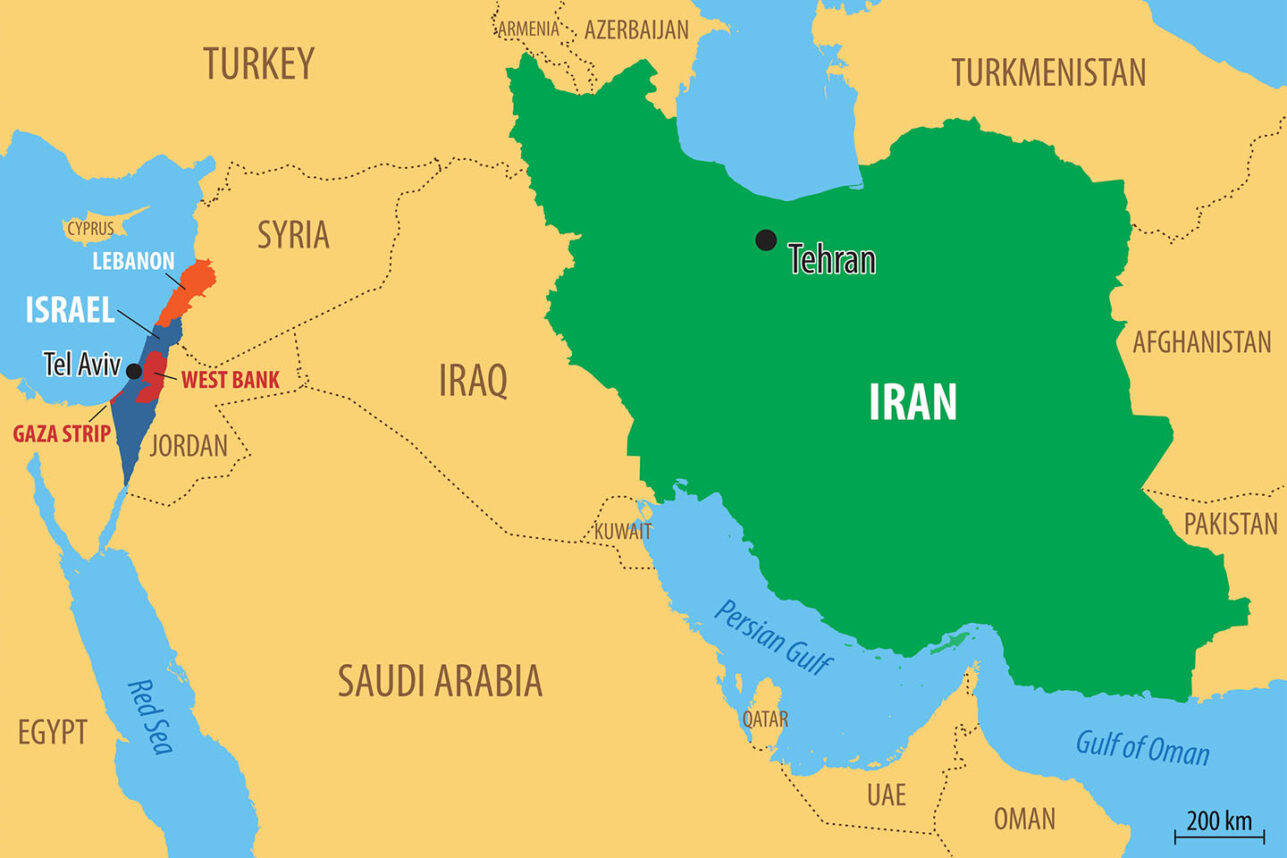A majority of Israelis believe that their government representatives should meet with Diaspora Jewish groups that criticize their policies, a new survey found.
Some 71 percent of those responding to the sixth annual Survey of Contemporary Israeli Attitudes Toward Diaspora Jewry commissioned by the B’nai B’rith World Center in Jerusalem agreed that their government representatives should meet with groups critical of Israeli policies, with 20 percent saying that the government should refuse to meet the organizations.
Seventy-five percent of those interviewed agreed that the American Jewish community should actively advocate for the release of jailed spy Jonathan Pollard, with 12 percent saying the community should not work for his release and 13 percent refusing to answer. In addition, 79 percent of Israelis polled believed that efforts so far by American Jewry on behalf of Pollard merit a rating of six or less on a scale of 1-10.
The survey found that Israelis have a strong and personal connection to Diaspora Jewry.
Sixty-five percent of Israelis responding to the survey said they have relatives living outside of Israel.
Among those who have relatives living abroad, 46 percent responded that those relatives were born in the Diaspora, while 39 percent said their relatives were born in Israel, and 15 percent of the respondents who have relatives abroad have both Israel-born and Diaspora-born relatives. When looking at religious identification, Israelis identifying as “national religious” or “religious” were most likely to have Diaspora-born relatives with 62 percent and 55 percent respectively.
Slightly more than half, or 51 percent, of Israelis surveyed, opposed allowing Israelis living abroad to vote in Israeli elections, with 42 percent supporting the idea. Of those who support the idea, 72 percent said Israelis living abroad should be able to vote like all Israelis for Knesset lists, and 18 percent believe they should vote for a designated representative or a representative reserved for Israelis living abroad.
The telephone survey of 500 Israeli Jews over the age of 18 was conducted June 13-16, and has a margin of error of 4.5 percent. The survey was conducted by Keevoon Research.

































 More news and opinions than at a Shabbat dinner, right in your inbox.
More news and opinions than at a Shabbat dinner, right in your inbox.